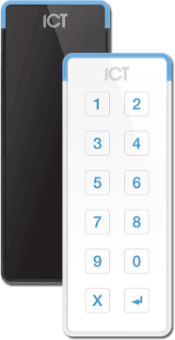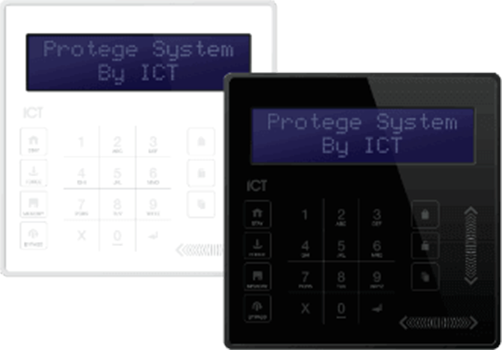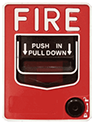Video MGMT System
 Access Control
Access Control
Voice & Data Wiring
 Burglar Alarm
Burglar Alarm
 Fire Alarm
Fire Alarm
Video MGMT System
Voice & Data Wiring
Too busy to read? Here’s a summary:
In today's digitally-driven world, data protection and security are at the forefront of institutional priorities. Nowhere is this more evident than in our hospitals.
In this blog post, we’ll discover why the importance of access control in hospitals cannot be overstated.
With hospitals increasingly going paperless, digital access control to secure patient data is paramount. This might include password-protected systems, two-factor authentication, and encryption techniques to protect patient records.
With the rise of telemedicine and digital health records, the digital realm has become a gold mine for cybercriminals. Hence, digital access control is as paramount for hospitals as its physical counterpart.
Physical access control, on the other hand, is used to restrict access to physical areas rather than information. Such systems entail mechanisms like biometric systems, RFID tags, and swipe cards. In hospitals, they often guard entrances to restricted zones like neonatal units, ICUs, and operation theaters.
When we speak of access control in hospitals, we refer to a combination of physical and digital safeguards. These protocols ensure that only authorized individuals can gain entry to particular sections of a facility or access restricted information.
Patient Safety: Unauthorized individuals roaming in restricted areas like ICUs or operation theaters can compromise the sterile environment, putting patients at risk.
Data Protection: Personal health information (PHI) is highly sensitive. Strict access controls ensure that only those with the necessary clearance can access this data.
Regulatory Compliance: Institutions like hospitals are often bound by legal regulations (e.g., HIPAA) that mandate certain access controls to protect patient information.
Resource Management: Controlling access helps manage and allocate resources, ensuring they are only used by appropriate departments or individuals.
Conflict Reduction: By ensuring that only qualified personnel access certain equipment or areas, hospitals can avoid potential conflicts or misuse.
Operational Efficiency: Well-implemented access controls streamline operations, ensuring quick yet safe access to resources.
Trust Building: For patients and their families, knowing that the hospital takes access control seriously can build trust in the institution.
While the importance of access control for hospitals is clear, implementing robust access control isn't without its challenges:
User Adaptability: Training staff, especially in large hospitals, to use these systems efficiently can be a challenge.
Maintenance: Like all systems, access controls require regular maintenance, which might lead to temporary access issues.
Cost Implications: High-end biometric access control systems and advanced digital encryption tools can be expensive.
By working with access control experts at Mammoth Security, healthcare facilities are able to implement robust access control systems that comply with industry regulations and pave the way for a safer, more efficient future for the healthcare industry.
For assistance with your hospital’s access control system, reach out to our team by filling out the simple form below.
NOT COMPLETELY SURE?
860-748-4292A well-designed access control system ensures both security and efficiency. By incorporating user-friendly features and thorough training, hospitals can achieve this balance.
Absolutely! Many modern systems integrate mobile technology, allowing staff to use their smartphones as access tools.
While biometric systems offer a high level of security, no system is entirely foolproof. Regular updates and maintenance are vital.
It's advisable to review and, if necessary, update the system annually. However, in case of a significant technological advancement or a security breach, immediate evaluation is warranted.